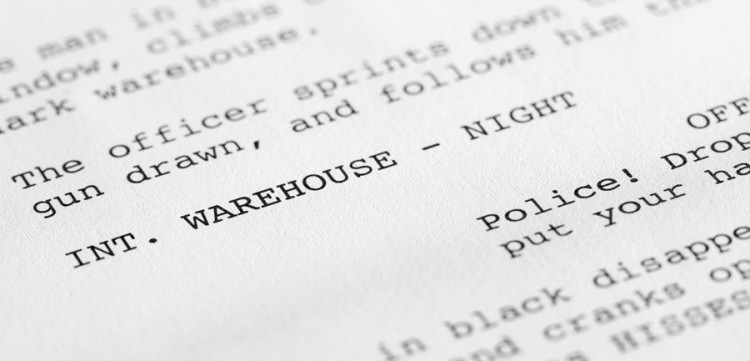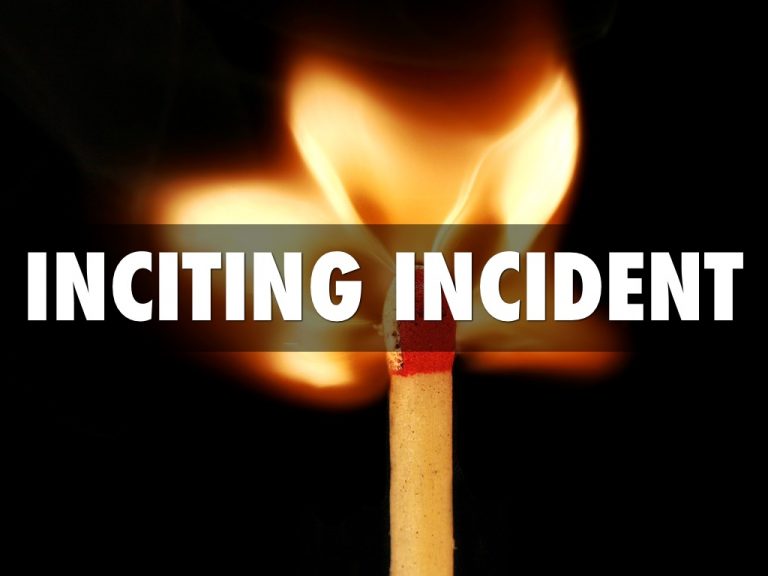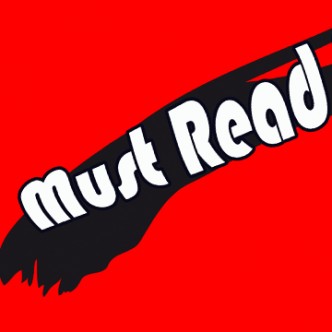How To Start A Screenplay

First things first – Screenplay format
The first thing you need to do to make your life way easier is to download a word preset or a screenplay software where you are 100% sure that you will be writing in a format that is accepted by the industry. It is no lie that script readers will not read a supposedly brilliant screenplay if it isn’t with one of the accepted screenplay formats.
Research
By doing research you will eventually get in the dynamic of writing, even if it is about what you are researching. This process eventually leads to writing the screenplay. Maybe you’ll start writing a paper or taking notes on the theme you’ve chosen and someday you’ll find out that what you are really writing could be a scene of your new screenplay. But for research to really materialize in something real and of use for your screenplay, you need to set a DEADLINE.
The usual amount of time that is invested in research for a screenplay is about 2 to 3 months. This means that for 2-3 months you’ll have the same SCHEDULE in order to complete with as much detail as possible your research.
Screenplay – vomit your first draft, then polish
Once you have finished your research and you feel confident enough to write the screenplay or even if you don’t and you have spent 3 months of your life researching a topic and you still do not know how to start the script my advice is whatever happens, when that deadline that you have imposed to yourself comes, START WRITING.
That brings me to my next point…
Structure your sotries and your life
Stephen King said: if you want to be a writer you need to do two things: read a lot and write a lot. And as stupid as it may sound for some people, the truth is that a lot of intelligent people do not accomplish none of the two because “intelligent” people have more tricks to lie to themselves and don’t get the work done.
This way, by reading more you’ll have a more flexible mindset when it comes to structure and you’ll be capable of writing better, that simple. There is a great book that talks about story structure by Robert McKee called Story: Style, Structure, Substance and the principles of screenwriting. After reading this book you’ll understand pretty well the general ideas and principles of screenwriting. Principles not rules. Great book.
So above everything else is getting yourself writing and reading as much as you can. And actually doing those two things!
If not everything else, every brilliant idea you might have, every epic shot you have in your mind or that intelligent conversation between two characters will never translate into something real, into something of use so it all will be for nothing.
You do it or you don’t. It’s that simple. Some people do and others don’t that’s the difference between people.
So just do it!


You’ve finished your Screenplay and IT SUCKS – WHAT to do
Ale Fito SCREENPLAY Leave a Comment on You’ve finished your Screenplay and IT SUCKS – WHAT to do
You’ve finished your Screenplay and IT SUCKS – WHAT to do This post will be structured in a way so that you ask yourself the necessary questions that propel you to make the necessary changes to your first, second or third draft that you don’t get to make it work. Questions that need an answer: […]

Complex VS Complicated movies
Ale Fito SCREENPLAY Leave a Comment on Complex VS Complicated movies
Complex VS Complicated movies You might be thinking that there is no difference between complex and complicated movies. But in order to make that assumption we need to be sure what does complex and complicated really mean. Complicated means difficult to analyze, understand or explain. Complex means composed of many related parts, having a complicated […]

2. Act Design by Robert McKee
Ale Fito SCREENPLAY Leave a Comment on 2. Act Design by Robert McKee
2. Act Design by Robert Mckee Progressive complications Progressive complications it’s the second element of the five-part design of a story that goes from the Inciting Incident to the Crisis/Climax. In a story it’s where the the plot gets more complicated and more conflict happens because there are more challenges for our main character/s to […]

1. The Inciting Incident by Robert Mckee
Ale Fito SCREENPLAY Leave a Comment on 1. The Inciting Incident by Robert Mckee
The Inciting Incident By Mckee Every story has five major parts: Inciting Incident: the primary cause that follows that puts in motion the other four elements. Progressive complications Crisis Climax Resolution To master the Inciting incident you need to master setting. The World Of The Story The world of the story happens in a certain […]

3 MUST Reads For Writting a Screenplay
Ale Fito SCREENPLAY Leave a Comment on 3 MUST Reads For Writting a Screenplay
3 MUST Reads For Writting a Screenplay There are many books that you could read that will have a lot of valuable information when writting a screenplay like “Save the Cat”, “Creating Character Arcs” or “The Hero’s Journey” but here we want to focus on 3 that we believe are the ones that after reading […]

4 KEY Tips for Scene Design
Ale Fito SCREENPLAY Leave a Comment on 4 KEY Tips for Scene Design
4 KEY Tips for Scene Design Turning Point effects, Setup/Payoffs, Emotional Dynamics and Choice Scene design To understand how scenes are built, there are 4 main points that we have to go over: Turning points Setups/Payoffs Emotional Dynamics Choice These are the main principles inside a scene that a screenwriter should master according to Robert […]

Añadir un comentario